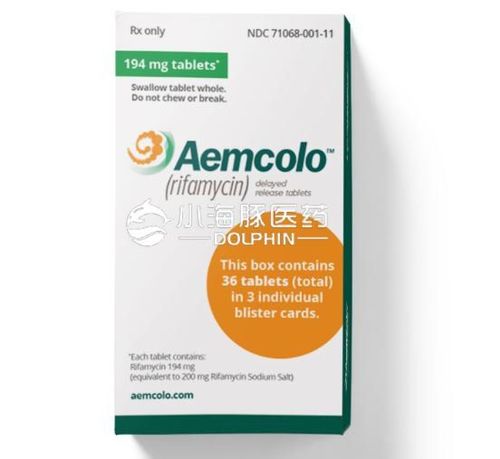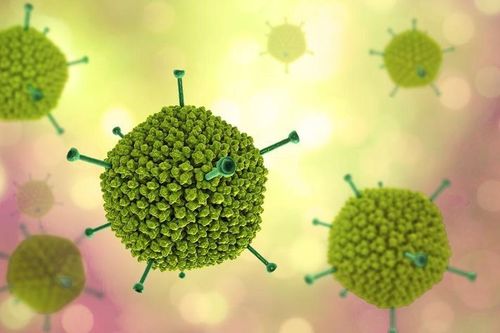This is an automatically translated article.
The article is professionally consulted by Master, Doctor Dang Xuan Cuong - Emergency Resuscitation Department - Vinmec Hai Phong International General Hospital. The doctor has 14 years of experience in the field of emergency resuscitation and poison control.Anyone is at risk of catching cholera, which is an acute infectious disease. Unlike diarrhea, cholera has the potential to become a pandemic if no effective preventive measures are taken.
1. What is cholera?
Cholera is an acute infectious disease caused by the bacterium Vibrio cholerae, transmitted by the gastrointestinal tract through contaminated food and water.Cholera can break out into a cholera pandemic if the disease is not strictly controlled. According to statistics, within nearly 200 years, humanity has experienced 7 cholera epidemics with thousands of deaths. Currently, cholera cases still occur in many places but no outbreaks anymore.
Cholera classification:
Asymptomatic cholera Mild cholera: cholera-like diarrhea Typical cholera: This form is acute with manifestations of vomiting and diarrhea in large quantities Fulminant form : This form progresses rapidly, each time the patient loses a lot of water, anuria, after a few hours of diarrhea, the patient is exhausted, and can even lead to death due to cardiovascular collapse Cholera in Children : Commonly mild form, in older children, diarrhea and vomiting occur as adults, sometimes accompanied by low-grade fever Cholera in the elderly: Often leads to complications of renal failure despite treatment full compensation.

Bệnh tả có thể bùng phát thành đại dịch tả nếu bệnh không được kiểm soát chặt chẽ
2. Causes of cholera
The cause of cholera in humans is the bacterium Vibrio cholerae, which has a curved comma-shaped form, does not produce spores, and has the ability to move quickly thanks to a hair. When exposed to the outside environment, cholera bacteria are easily destroyed by chemicals (chlorine 1 mg/liter), acidic environment and temperature (death at 800C for 5 minutes). In addition, cholera Vibrio cholerae is also affected by dry climate, sunlight,..However, cholera bacteria can survive for a long time in feces, in moist soil, in water and in food. Vibrio cholerae can live up to 60 days in soil, 150 days in manure, 7 to 8 days in vegetables and 20 days in water.
Mechanism of cholera: Cholera bacteria Vibrio cholerae release toxins into the small intestine of humans, this enterotoxin will attach to the small intestinal mucosa, activate the enzyme adenylcyclase leading to increased cyclic AMP, reducing Na + absorption, Increased secretion of Cl- and water causes acute diarrhea.
3. Is cholera a diarrheal disease?
Cholera is an acute infection of the gastrointestinal tract caused by the bacterium Vibrio cholerae.Symptoms of cholera include:
3.1 Diarrhea The incubation period for cholera is usually short, about 1 to 5 days after infection. Diarrhea with sudden onset, intense, often liquid, full of water, milky white like rice water mixed with white particles, fishy smell or like white crab bricks. Diarrhea caused by cholera with blood in the stool is called cholera. Persistent and persistent diarrhea can lead to death.

Bệnh tả và bệnh tiêu chảy có liên hệ với nhau
3.3 Muscle cramps Diarrhea with dehydration and electrolyte loss causes cramps in a patient with cholera infection.
3.4 Dehydration Dehydration can range from mild to severe depending on the amount of fluid lost. Dehydration of 10% or more of the total body fluids is considered very severe dehydration. When dehydrated due to cholera, patients often have symptoms of lethargy, sunken eyes, dry mouth, extreme thirst, little or no urine, low blood pressure, and an irregular heartbeat (arrhythmia). .
3.5 Shock This is considered one of the most dangerous complications of dehydration cholera, if not detected and treated early the patient can die within minutes. The cause of this complication is that the patient is severely dehydrated, causing low blood volume in the body, causing hypotension and reducing the amount of oxygen to the tissues.
Diarrhea is a condition in which watery stools are passed 3 or more times a day, with accompanying symptoms including vomiting, dehydration, electrolyte disturbances, if not treated promptly, can lead to death. Other than cholera, the cause of diarrhea is not only Vibrio cholerae bacteria, there are other bacteria and viruses such as calici, adenovirus, rotavirus, E. coli, Campylobacter, Shigella, Salmonella Staphylococcus aureus, or some parasites. Animals such as Giardia lamblia, Cryptosporidium parvum and tapeworms...
Summary Cholera and diarrhea are related because diarrhea is one of the consequences of cholera and persistent watery - fecal diarrhea including even cholera.
Please dial HOTLINE for more information or register for an appointment HERE. Download MyVinmec app to make appointments faster and to manage your bookings easily.













